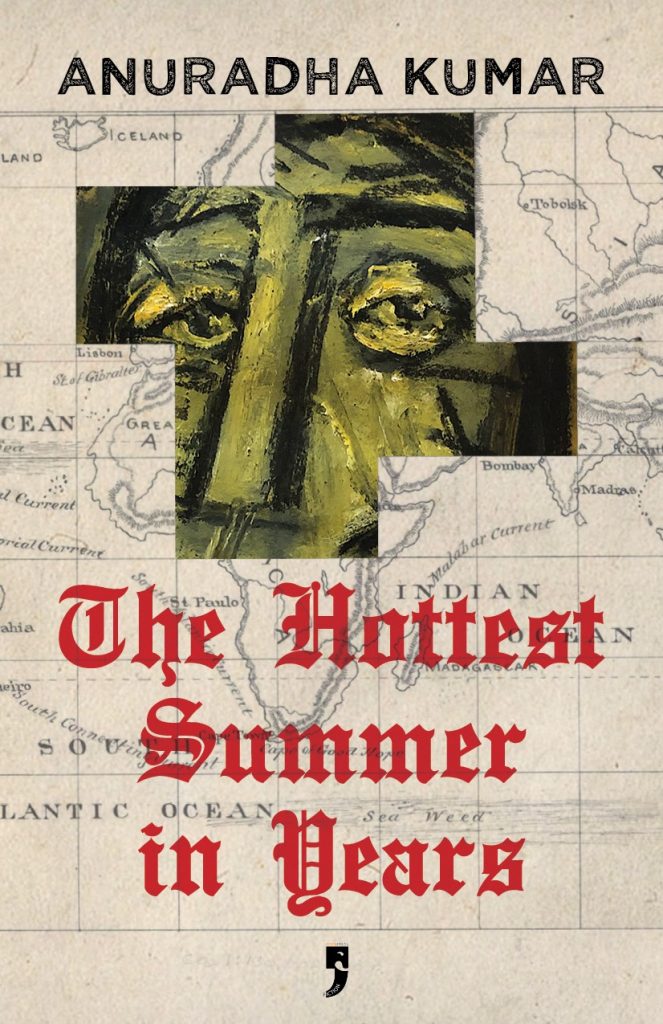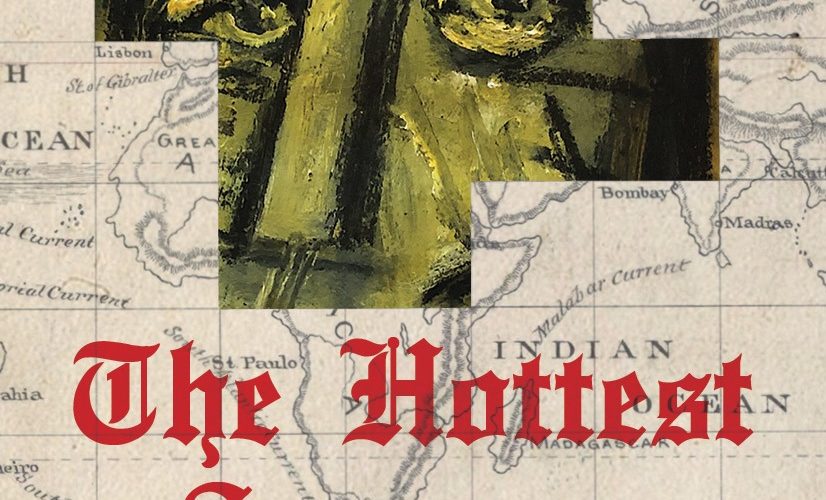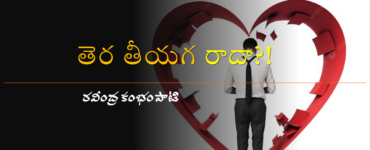
Tell them first where it’s set
Not in the big city, so you know, it’d be easy to get.
But somewhere in the heart of the country
With a name hard to pronounce, but maybe possible with another try.
Tell them it’s a love story, with a murder thrown in,
or rather a mysterious death, you explain, putting that detail in.
It’s not one or the other; seeing their confusion, you insist.
No, nor is it one of those easy-to-slot love stories with a twist.
Maybe it’s a book like life itself, made messier with the past.
And so I find I’m back again to the very start.
Explaining a novel is more than a task, it’s quite an art.
This is maybe what it’s about, also a bit of the how, and where.
Making you wonder at the end, about that stare,
The look of polite understanding, of forced comprehension.
Haven’t I explained enough, you ask, sensing the tension.
For there’s something you’ve learnt, the explaining is never enough.
You always need to do that bit more, explaining is always tough.
It’s not just the what or the when, where and how that really matter,
It’s the why, and you hear as you answer, your own stutter.
This isn’t your language to write in, they say, genuinely puzzled,
And you’ve answered this so often (in your mind), you already feel muzzled.
We grow up multi-lingual, you say, though this isn’t how you wanted to begin.
To use the language of the colonizer, you ask yourself, is that a sin?
But this language has traveled the world, scattered itself across lands,
It has (been) adapted, altered, changed, a creature of many heads, and hands.
But this isn’t the only question, there are other ones always.
Those you’re not asked, those you ask yourself, in different ways.
A different how, a different why, all the many reasons
For you to tell a story, your story, at any time, for all seasons.
So you feel you must move on, blundering and flailing,
Trying to write a story that feels true, hoping you aren’t falling, failing.
There will always be other hot summers when you struggle for an answer.
Till one day you realize it’s the questions that matter, the more the merrier.
That it’s not about finding lines like this with rhythm, and rhyme,
But often, putting one sentence after another, time after time after time.
From that beginning, you might see the end.
The End.
(ends)
For more writings of Anu Kumar:
https://scroll.in/author/1157









Add comment